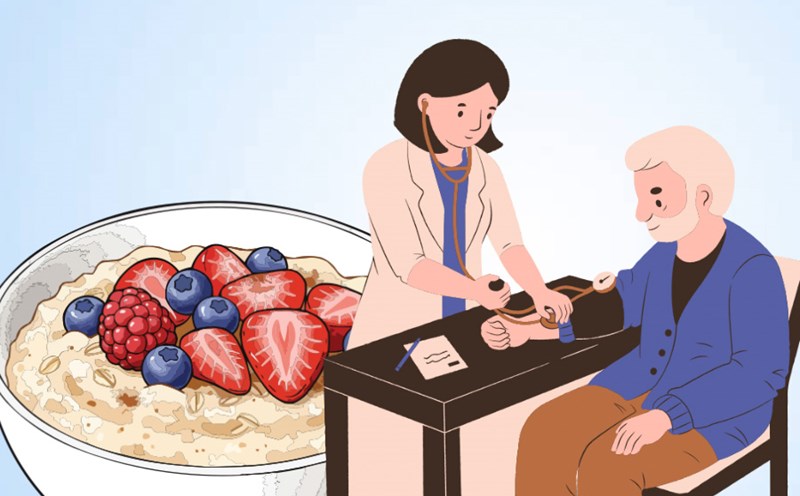According to Dr. Basavaraj Utagi, senior consultant cardiologist at Fortis Hospital (India), thoracic drums are a phenomenon of clear perception of heart rate, whether the heart rate is fast, slow or even. This condition is often harmless and can occur in healthy people due to temporary factors such as:
Stress, anxiety
Using caffeine or stimulants
Dehydration or electrolyte deficiency
However, when lying down, your heart rate slows or you feel nervous can be related to how your body distributes blood, digestion, and puts pressure on your heart or surrounding organs.
Causes of rapid heartbeat when lying down
Increased pressure on the heart: When lying down, blood redists throughout the body, creating more pressure on the heart and chest. People with heart valve or apricot problem may notice a stronger heart rate when lying on your side, especially on your left side.
Acid reflux and gastroesophageal reflux disease (GERD): After meals, lying on your back or leaning can cause stomach acid to reflux into the esophagus, stimulating the bronchial nerve, the nerve connecting the intestines and heart. This can lead to a feeling of nervousness or twitching in the chest.
Anxiety and stress: Stress hormones like adrenaline and cortisol increase when you are anxious at night, causing your heart rate to beat faster. At the same time, paying more attention to the feeling of the body makes this phenomenon more obvious.
sleeping position and position: Sleeping on your left side can make you feel worse because your heart is located near the chest wall. Some people find it lying on their backs or pointing their head slightly higher, helping to reduce the detected heart rate.
estimators and lifestyle: Caffeine, nicotine, alcohol or some drugs close to bedtime can increase heart rate and cause anxiety. Increased energy drinks and dark chocolate can have a similar effect.
Hormonal and metabolic factors: Hormonal changes, especially during pregnancy or menopause, can also cause a resting heart hoi. In addition, thyroid disorders, especially hyperthyroidism, can cause the heart to beat faster.
How to prevent and control
Eat properly: Avoid heavy foods and caffeine before bed; should leave at least 2-3 hours before rest.
Raise your head while sleeping: Using a high pillow helps reduce acid reflux and pressure on the heart.
Relax before bed: Deep breathing, meditation or stretching help reduce stress hormones.
Drink enough water and balance electrolytes: Lack of water or minerals such as potassium and magnesium can make anxiety worse.
Regular health check-ups: If you have a long breaststroke, accompanied by chest pain, dizziness or shortness of breath, you should see a doctor to rule out cardiovascular or thyroid diseases.
The information in the article is for reference only, not a replacement for medical diagnosis or treatment. You should talk directly to your doctor for accurate advice that is suitable for your health condition.









